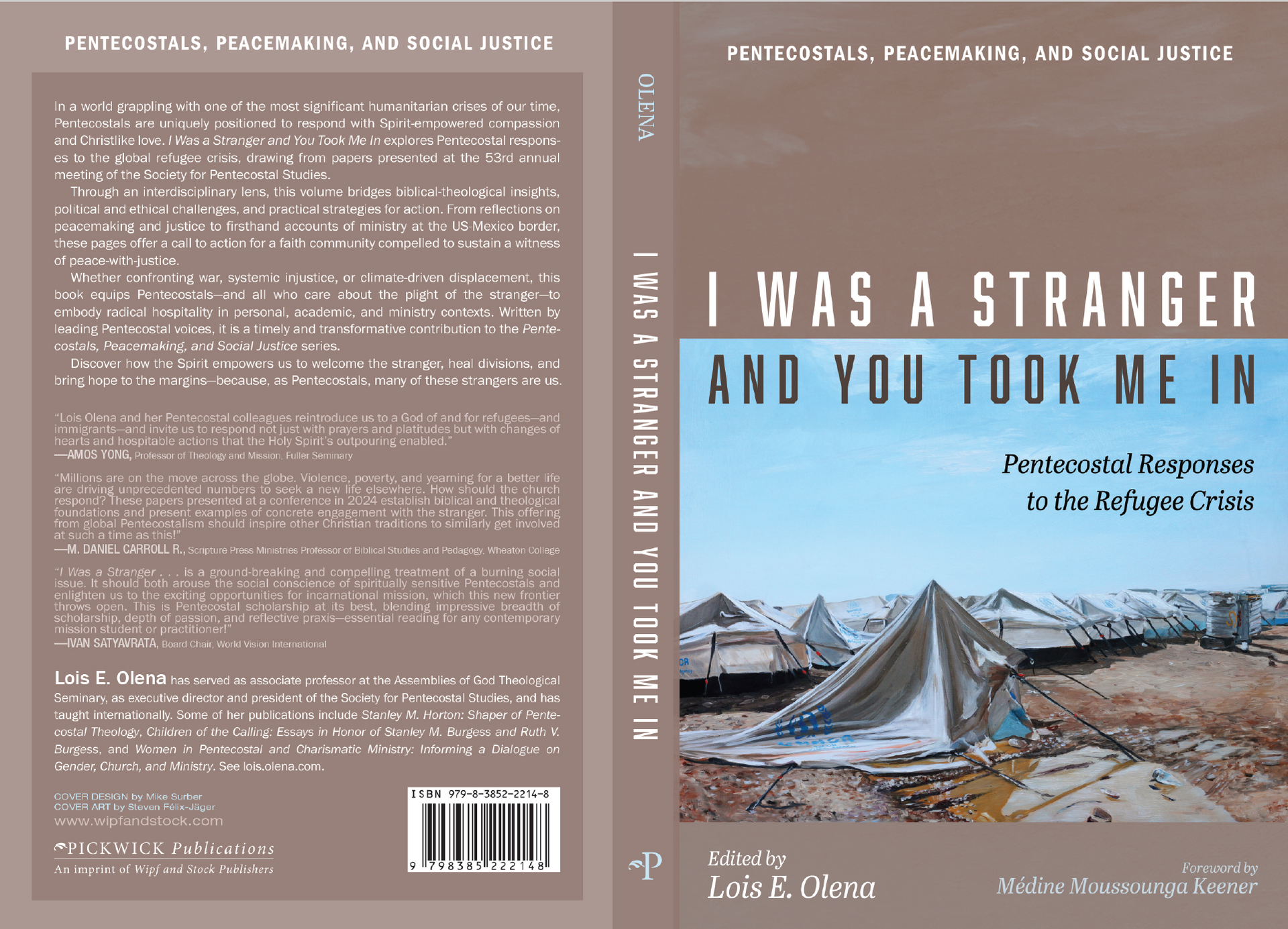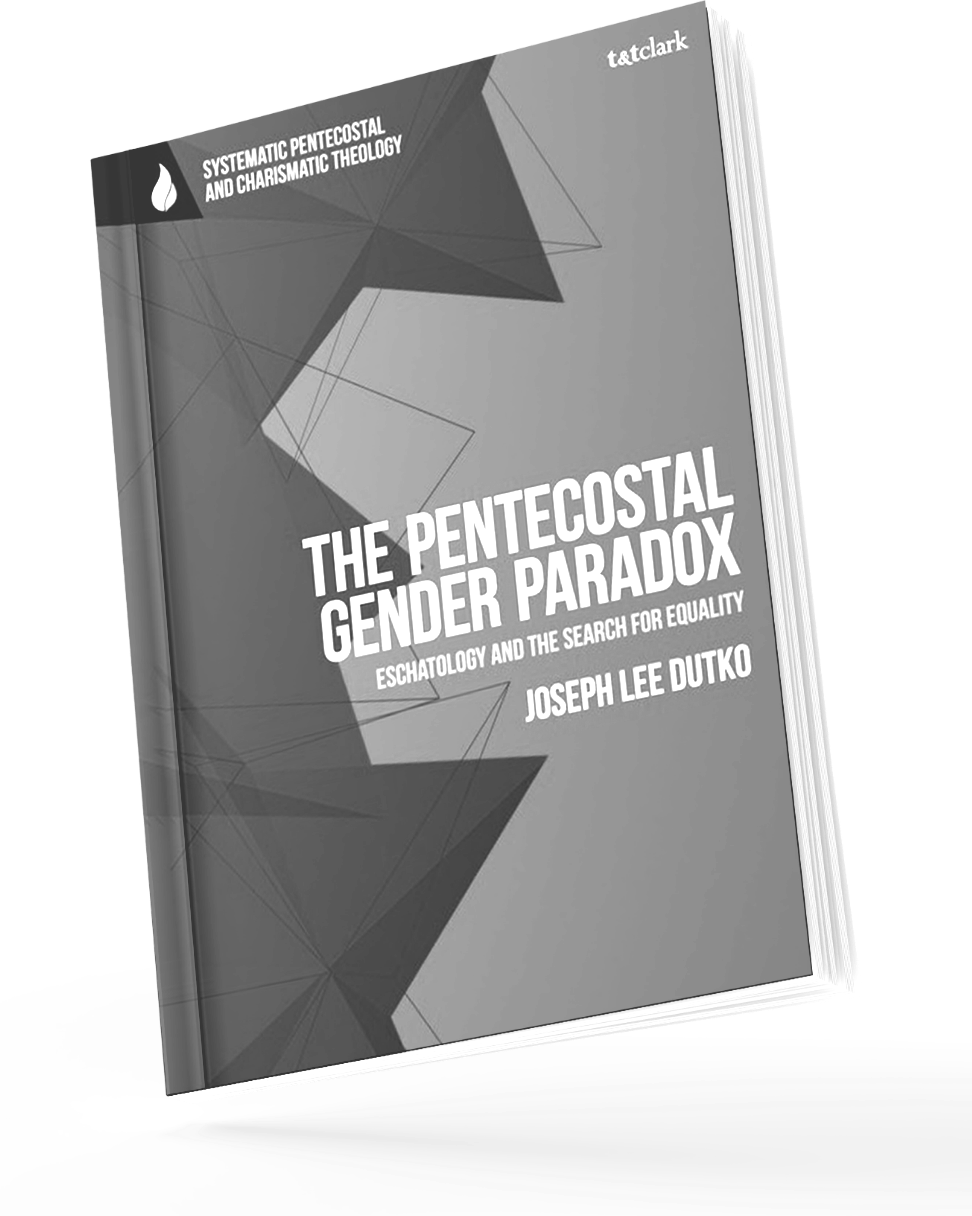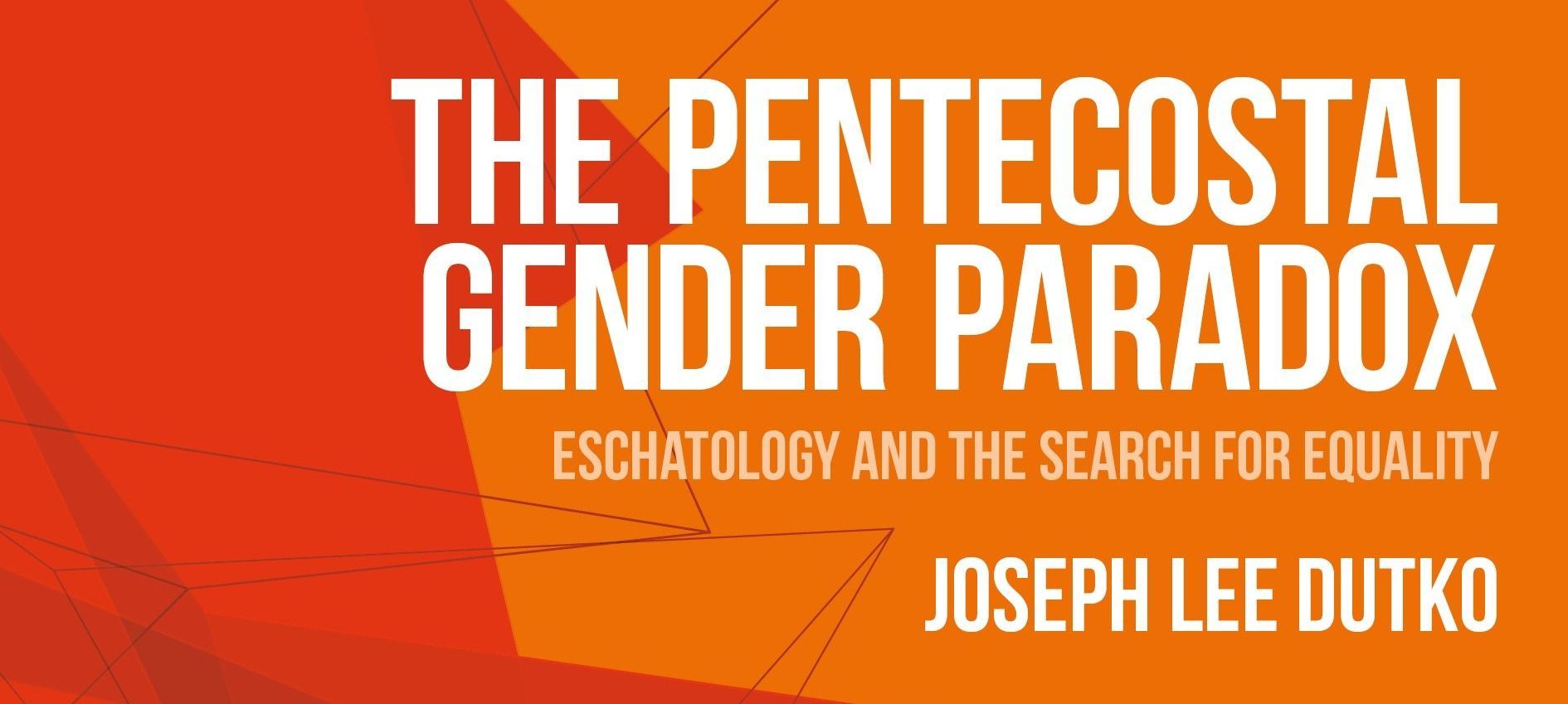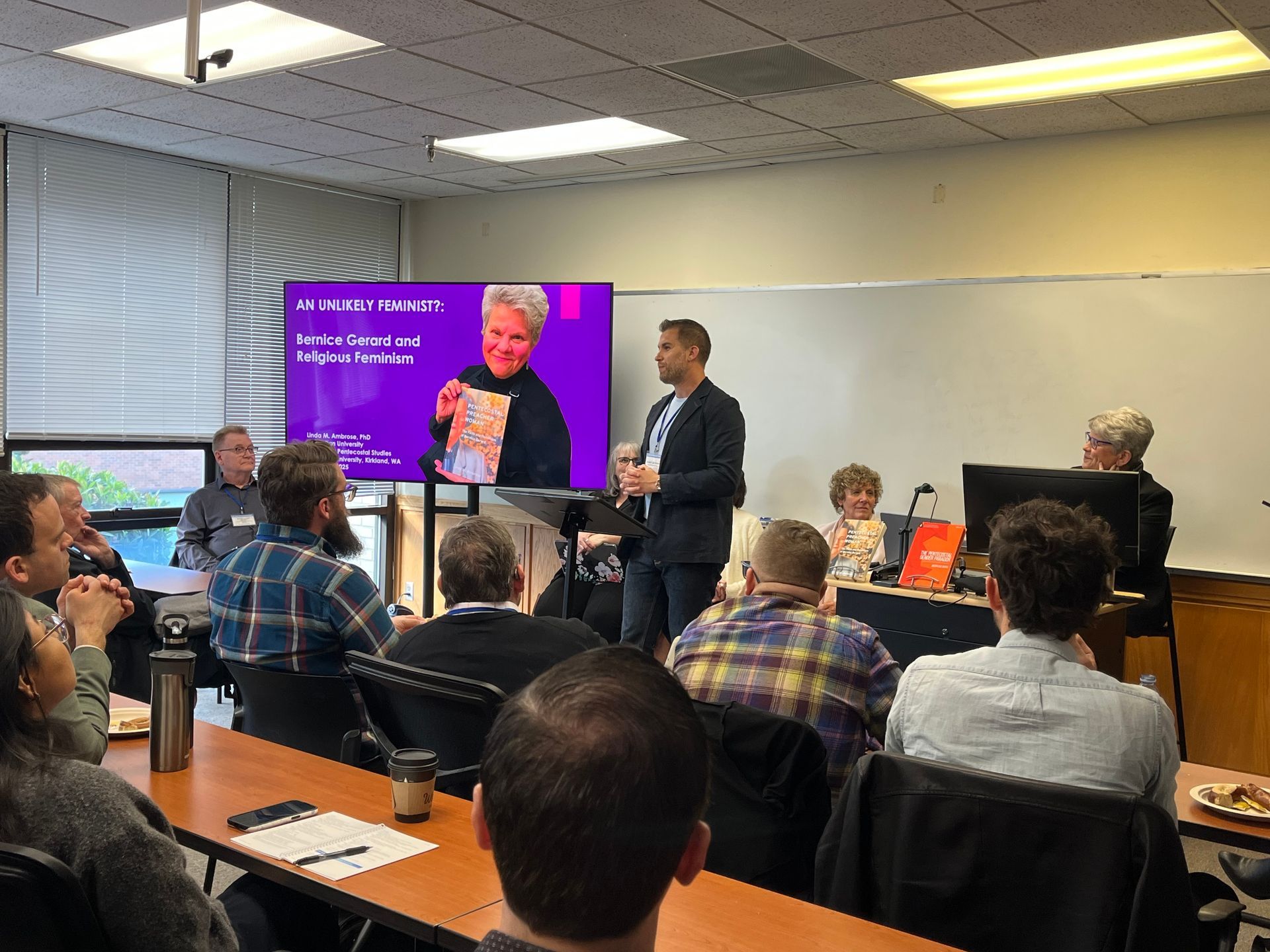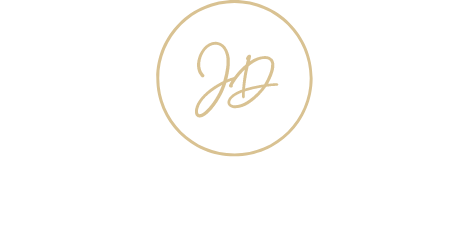"Why is Your Book So Expensive?"
Ever Wonder Why Some Academic Books are So Expensive?
Unfortunately, one of the first reactions to my book (out in one week wherever books are sold!) is how expensive it is.
The current RRP is $160 CAD ($115 USD) for the hardback and $144 ($103 USD) for the e-book, prices I have no control over.
Before explaining (and justifying?) the cost, I would first point out discounts are almost always available. Right now the e-book is 30% off until Dec. 10 and the hardback price is almost always reduced if ordering direct from the publisher.
See also "How You Can Pay Less" below for helps and special discounts for blog/website readers!
However, it’s a fair reaction, especially in these tough financial times. Can we really justify $100 for a book when we’re struggling to afford basic necessities?
But I think it’s important to understand why these kinds of books (i.e., academic, peer-reviewed books with reputable publishers) are so expensive, and even offer an apologetic (that is, a defense) for the price. So, here are:
5 Reasons a Book (and hopefully my book!) May Be Worth the High Price:
1. The Target Audience Will Buy It
Although I hope it’s only true to an extent, as I believe anyone will benefit from the book, the reality is the main target audience for an academic book like this is, well, academics!
That doesn’t mean academics have a lot of extra money to burn (they don’t!), but it means the main purchasers are going to be libraries, places of research, students in graduate-level courses (as a required text if the author is lucky!), and scholars/professionals in the particular niche field the book is written, many of whom may have access to book allowances or departmental funds.
The publisher knows these places will purchase the book (perhaps even multiple copies) right away no matter the price, especially if from a trusted and respected publisher.
So it’s hard to blame them for attempting to recoup the costs during the initial release of the book while it’s more expensive (and usually only in hardback at first).
But what costs are there to recoup? Isn’t publishing a book as easy as paying Amazon a few dollars to bind and sell it?
2. You’re Paying for a Lot More than just the Final Material Product
Consider the process that a book like mine goes through:
- 5-10 years of research
- Consultation of over 650 sources, many of which are bought with personal funds.
- As this is a published version of a PhD thesis, it has gone through tremendous scrutiny, many revisions, and received feedback from experts in the field.
- The publishing process took about a year as a written proposal and sample chapter has to first be approved by the series editors, who are sort of the guardians before the manuscript is even considered by the publisher. Then it must be peer-reviewed by and receive recommendation from one or more experts in the field before finally being sent for consideration to the publishers' editorial board, who also must accept the proposal.
- After/if being accepted for publication, the book then goes through a detailed and time-consuming production stage. This includes a project manager, professional copy-editing, typesetting, a professional proof reader, multiple readings and revisions (I’m having some PTSD just writing this!), and a marketing plan.
The author is then responsible for creating an index (unless they pay for one), which is a painstaking process, and then also works with the publisher on securing endorsements.
In summary, it’s not like a manuscript is uploaded and then published quickly with no questions asked! And at the end of the day, all these people need to be paid for their work. And the truth is:
3. Sometimes You Get What You Pay For!
I get it, in a day and age of cheap self-publishing and the ability to digitally publish in e-book/Kindle form, some aren’t willing to pay more than $9.99 for something to read.
But when it comes to self-publishing or very cheap publishing, how do I know or trust that a book is really worth my time? Sure, some writers are established enough to self-publish and still have high credibility, authority, and trust with an audience, but that represents a very small portion of writers.
Don’t get me wrong, I’m actually all for self-publishing. It’s great that people are writing and may even get to share their writing with an audience.
There’s tremendous personal value in going through the struggle of the creative process, trying to organize your thoughts or ideas into a coherent whole, and then getting to share it with the world.
It’s why I support personal blogging or self-publishing even if your contributions aren’t particularly original and your audience is small. We need to learn to think and write!
But often in life, you get what you pay for. Again, you’re paying for a lot more than just the physical product of the book.
And in a day and age where it’s hard to know what's really a legitimate or quality source, it’s nice to have the assurance that a work has passed the test of scholarly scrutiny and been approved by experts and trained professionals.
For certain books, especially research-oriented ones, there needs to be some element of "gatekeeping" that verifies a certain work meets an established standard and is worth reading and can be cited as a credible source.
With all that in mind . . .
4. Relatively Speaking, It’s not Really that Much Money!
The price you pay is relative. Is $100 really a lot of money for something someone poured years of their life into, and in the case of an academic book, tens of thousands of dollars of tuition to achieve appropriate credentials?
Is $100 or more for a book ever justified?
Isn’t the incredible time and effort put into a book, which you can own forever, worth the price of a night out to dinner, a pair of shoes, or a one-hour massage?
When you think of what has to happen to get a book to this point, the price can start to feel like a pretty good value for your money!
5. Critical Thinking Needs to Be Supported
Authors of academic books receive next to nothing in royalties. I think I get maybe 2%. So it’s not so much supporting the authors--although that’s important--but supporting the industry of critical thinking and higher learning. Peer-reviewed work is not just research sent out into the world on a whim because someone wants their ideas out there.
Although these kinds of books don’t usually make their way into the hands of many non-academics, the ideas in them certainly do. This is the so-called “trickle-down effect” of academia and its ideas.
-------------------------
A few other thoughts:
It’s (Often) a Trade Off Between Potential Sales and Career Goals
For academic writers, especially with their first book, it’s a choice they have to make. And it is a difficult one, and one I wrestled with.
Do you want to publish with a reputable academic publisher, be a part of a credible series, make sure your book gets into libraries and academic databases, ensure reviews in academic journals, garner respectability among your scholarly peers, and prove to future educational employers or universities that you can “pass the bar” of academic scrutiny?
Or, would you rather have the book be more accessible and affordable and get it into more hands in the short term?
It’s a tough call. There’s no right or wrong answer.
I sort of looked at it this way: I’m not sure how many academic books I’m going to write. I know I want to write, but future books may be less academic.
I’m currently employed in pastoral ministry and quite content. I don’t know if my future vocation is in academics.
So I saw this as a chance to make a contribution to the academic world, something I may not have the chance to do again. And, it may open up the possibility of an academic career if I ever decide to go that route (yes, I’m still trying to decide at age 40 what I’m going to do when I grow up!).
Still, you might say . . .
Those are Great Reasons, But I’m Still Not Going to Pay Full Price for the Book!
Again, understandable, and I don’t blame you. It may be too expensive for the average person and buying academic books isn’t for everyone and that’s completely okay. But….
Here’s How You Can Pay Less for the Book:
1) Use a Discount Code.
If you got this far in the post, you deserve a discount! For a limited time for website readers (not sure how long, but if you’re reading this try it) you can save 35% if you order direct from the publisher: use code GLR AQ4 (with space) at checkout.
2) Ask Me.
If you want the book but price is a deterrent, contact me and I will make sure it gets in your hands for whatever price you can afford. I want you to read it!
3) Wait.
I hate to say this as I’ve already waited years for the book to finally come out! But the truth is the price will come down substantially as time goes on. This is especially true when the paperback is hopefully released later. The price will likely be cut in half or more if you have the patience to wait.
4) Use a Library.
If you have access to any academic library database, you should be able to check out the e-book or hard copy (you may have to use inter-library loan in some cases). Libraries are the best!
At the very least, go ahead and READ A FREE PREVIEW!
For more on the book and to hear what people are saying, visit
thegenderparadox.com
NEWSLETTER SIGNUP (blog post layout)
ABOUT JOSEPH
Pastor, Author, and sometimes pretends to be a Scholar
Joseph (PhD, University of Birmingham) is the author of The Pentecostal Gender Paradox: Eschatology and the Search for Equality.
Since 2015, he and his wife have together pastored Oceanside Community Church on Vancouver Island, where they live with their four children.



